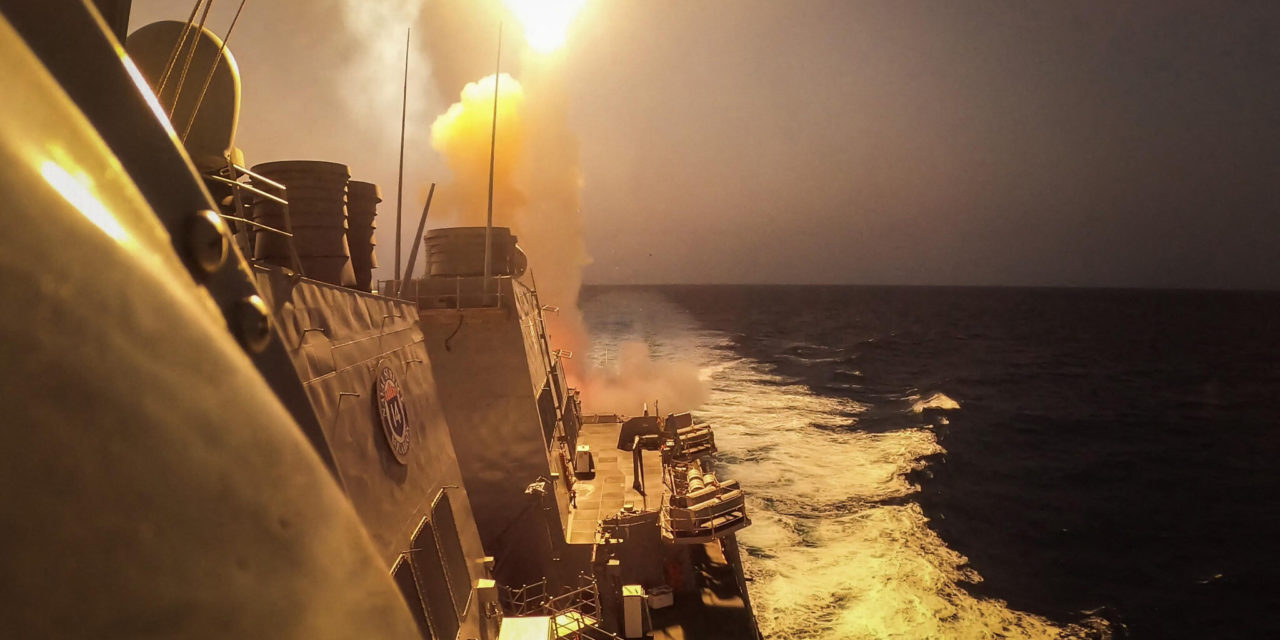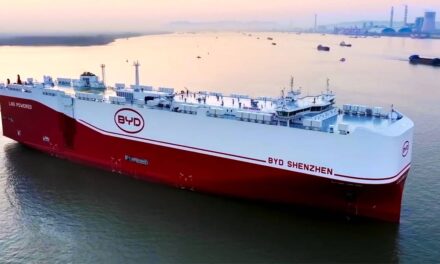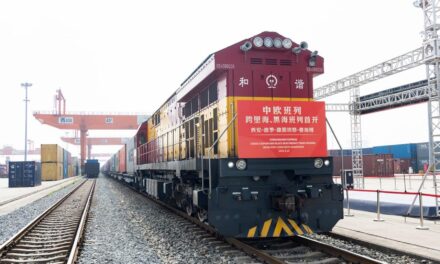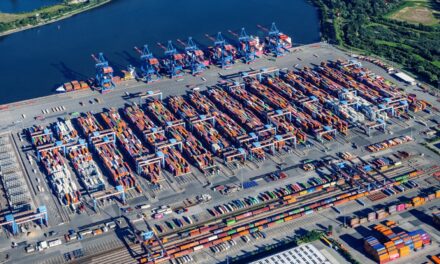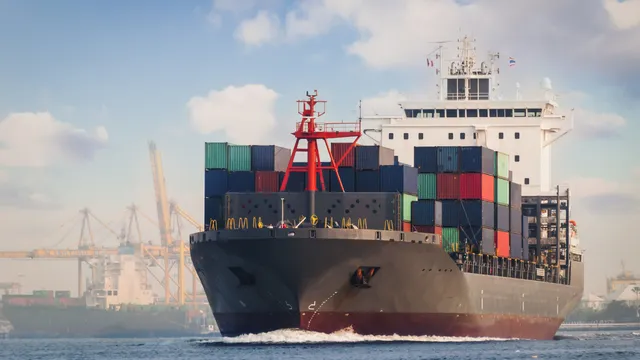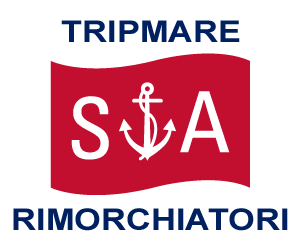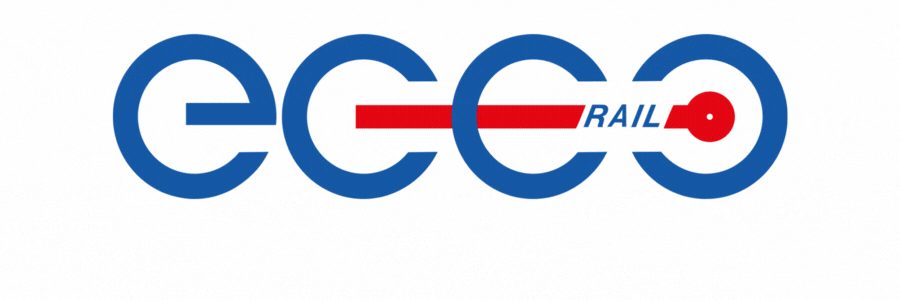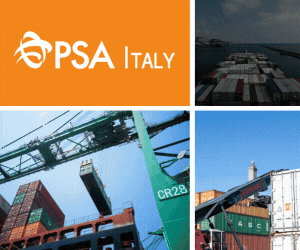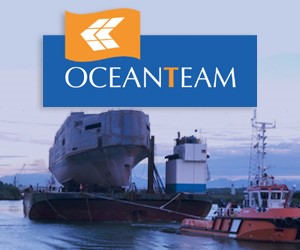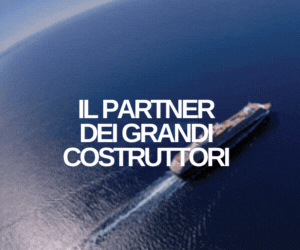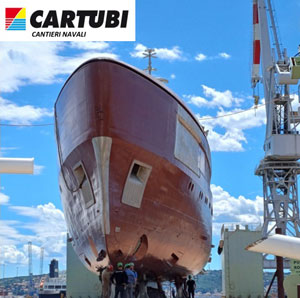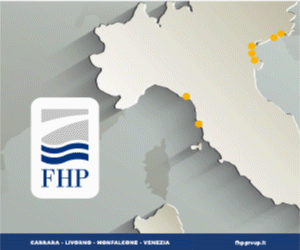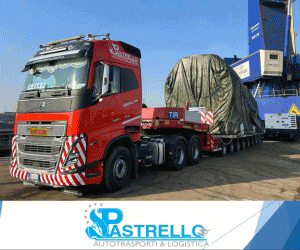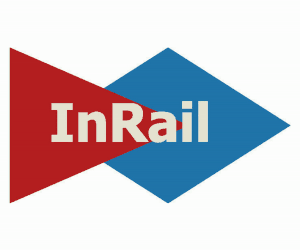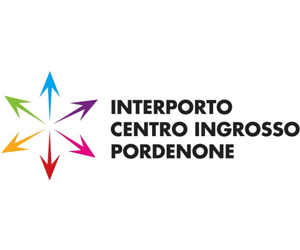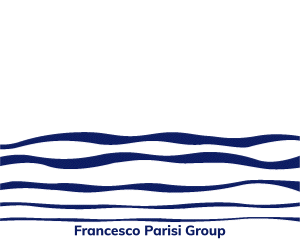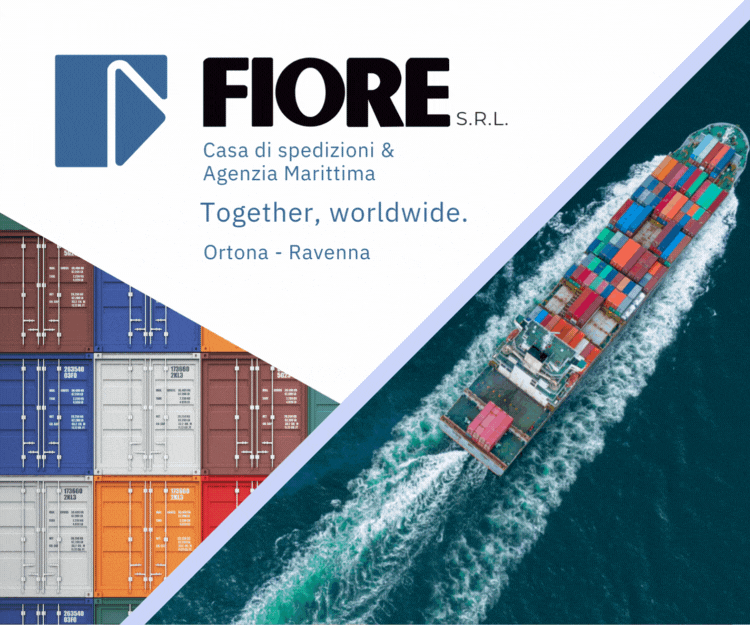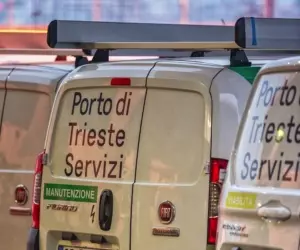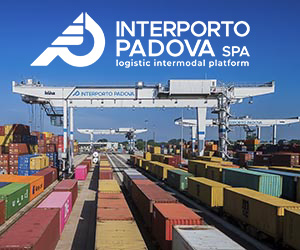TRIESTE – On May 6, U.S. President Donald Trump announced the suspension of military operations against the Houthi rebels in Yemen.
Trump declared the end of what he called a “decisive pressure campaign,” which began in January. The decision follows a pledge by the Iran-backed Shiite group to halt attacks on merchant vessels transiting the Red Sea.
The ceasefire, brokered by Oman, includes a commitment by the Houthis not to target Western or Arab vessels—excluding, however, Israeli ships, which are not covered by the truce. This detail has already raised concern among analysts and shipping companies: the real risk of selective escalation remains, along with ongoing uncertainty for trade routes through the Suez Canal.
Following months of escalation, the announcement caught the international community and the shipping industry off guard, both of which have been heavily affected by the Yemen conflict. “The Houthis have surrendered,” Trump said during a press conference, calling it a “victory for American resolve.”
However, the situation on the ground appears more complex. Major shipping lines—including Maersk, CMA CGM, Hapag-Lloyd, and MSC—have yet to resume regular Red Sea transits, continuing to reroute vessels around the Cape of Good Hope.
The *Wall Street Journal* notes that operators “fear the Houthi pledge is a tactical move” and that “the region remains high-risk for international shipping.”
According to data from the International Monetary Fund (IMF), traffic through the Suez Canal fell by 42% between December 2023 and February 2024. Container freight rates on the Shanghai–Europe route increased by 256%, while rerouting via the Cape of Good Hope has added at least 12–14 days to the rotation schedules of major maritime alliances.
The impact has extended beyond Asia–Europe flows: feeder routes in the Eastern Mediterranean and Ro-Ro services to the Middle East have also seen cancellations or suspensions.
For Upper Adriatic ports—Trieste, Venice, and Koper in particular—the Red Sea crisis presents a double-edged challenge: on the one hand, it has reinforced the value of direct overland services from Asia, such as those along the China–Europe Corridor or the Middle Corridor; on the other, it has put pressure on feeder turnaround times and direct Suez Canal connections, increasing vulnerability for regional just-in-time supply chains.
Despite the suspension of hostilities, no shipping company has announced a full return to the Red Sea. Operators are demanding real operational guarantees—not just political statements. Moreover, the ideological dimension of the conflict—with the Houthis proclaiming “resistance to Israel”—fuels concerns that the truce could quickly collapse if new clashes erupt in Gaza.



